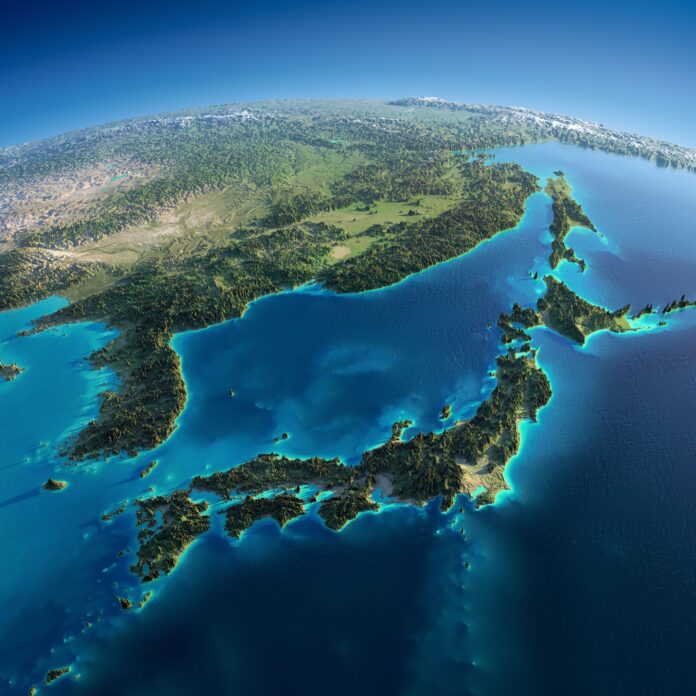The two companies said they aim to offer new 5G solutions through the integration of their current portfolios
Swedish vendor Ericsson and Japanese company Fujitsu have entered an agreement to deliver end-to-end 5G network solutions and related services under a strategic partnership.
Under the partnership, the two companies are joining forces to develop 5G solutions based on their combined portfolios, for the 5G market in Japan. The two companies aim to initially provide systems and solutions for the Japanese market and seek to then further expand their collaboration to other customers globally.
Fujitsu said it is making concerted efforts to support open standards activities driven by major telecommunications providers and aims to achieve broad interoperability for its radio access products in global markets.
“Through this partnership with Ericsson, we will provide flexible 5G network systems that are open and standard compliant, and will leverage our expertise in wireless technologies and network integration to a wide range of customers in and outside of Japan,” said Tango Matsumoto, EVP and head of the network business group at Fujitsu. “From mobile broadband, expected to be the first widespread use case of 5G, to the internet of things and beyond, this partnership holds out the promise of exciting new business opportunities.”
“Our global expertise in 5G combined with our understanding of the local market puts us in an excellent position to support the introduction of 5G in Japan. By working closely with operators and partners, we are creating solutions that will bring successful use cases and applications to the market. With Fujitsu we get an excellent partner to accelerate this development,” said Fredrik Jejdling, EVP and head of business area networks at Ericsson.
Ericsson has been working with Japanese operators to trial 5G technology over the last years. In September 2017, SoftBank and Ericsson announced plans to conduct a joint trial of 5G in the 4.5 GHz band in urban areas of Tokyo. This 5G trial included two new radios, virtualized radio access network and evolved packet core RAN, beamforming, massive MIMO functionality and support services.
At the end of 2017, KDDI and Ericsson inked an agreement to test a proof of concept in the 4.5GHz frequency band in a number of cities across Japan. Ericsson said that the 4.5 GHz frequency band is one of the candidates for 5G in Japan. KDDI and Ericsson said they were planning to carry out a large number of tests across a wide range of use cases in the 4.5 GHz and 28 GHz frequency bands, including interworking with LTE technologies.
Japanese mobile carriers have confirmed plans to launch 5G commercial services in 2019, a year ahead of schedule.
NTT DoCoMo, KDDI and Softbank representatives said during a communications ministry hearing that they plan to begin with a limited commercial deployment in 2019 and then deploy a full 5G service for smartphones in 2020.
Japan’s communications ministry plans to decide which companies will be allocated radio frequencies for 5G networks by the end of this year, according to previous reports.

